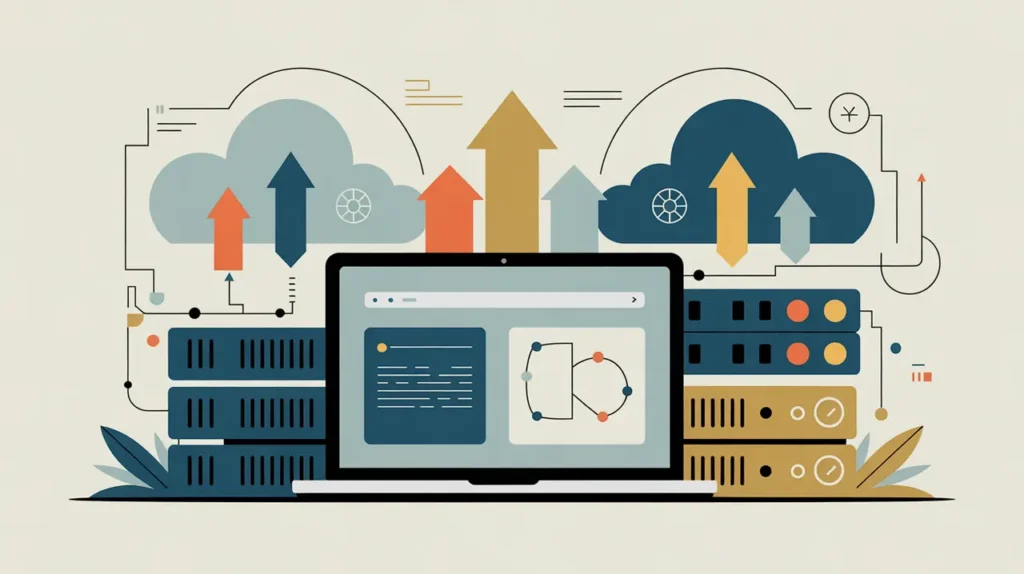Importance of Digital Solutions
Digital solutions are transforming how services are delivered, information is shared, and systems are managed in international development. They enhance efficiency, expand access, and enable real-time decision-making across sectors such as health, education, agriculture, and finance. For nonprofits and social innovators, digital solutions provide powerful tools to scale impact, reduce costs, and connect proximate communities with global networks. Their importance lies in bridging gaps where traditional infrastructure is weak, while also raising questions of equity, access, and data security.
Definition and Features
Digital solutions refer to technology-based tools and platforms that address specific challenges through the application of software, hardware, or digital services. Their defining features include:
- Scalability: the ability to reach large populations quickly.
- Interoperability: integration with existing systems and platforms.
- User-Centric Design: tailoring tools to meet the needs of end users.
- Data-Driven Insight: enabling monitoring, evaluation, and adaptive management.
How this Works in Practice
In practice, digital solutions range from mobile health apps that track patient records to digital financial services that provide banking access in rural areas. Nonprofits may deploy chatbots for community engagement, while governments use e-governance platforms to streamline public services. For example, digital advisory services in agriculture provide farmers with real-time weather and market information via SMS. Barriers include digital divides in connectivity, affordability, literacy, and gender access, as well as risks related to privacy and cybersecurity.
Implications for Social Innovation
Digital solutions hold significant implications for social innovation. They enable proximate actors to access resources, voice perspectives, and co-create solutions in ways that transcend traditional barriers. Innovations such as open-source platforms, digital identity systems, and AI-enabled analytics can strengthen accountability and efficiency. At the same time, without deliberate inclusion, digital solutions can reinforce inequalities. For social innovators, the priority is to design digital tools that are accessible, secure, and aligned with local realities.







